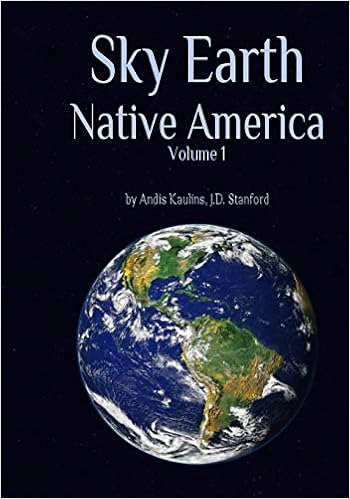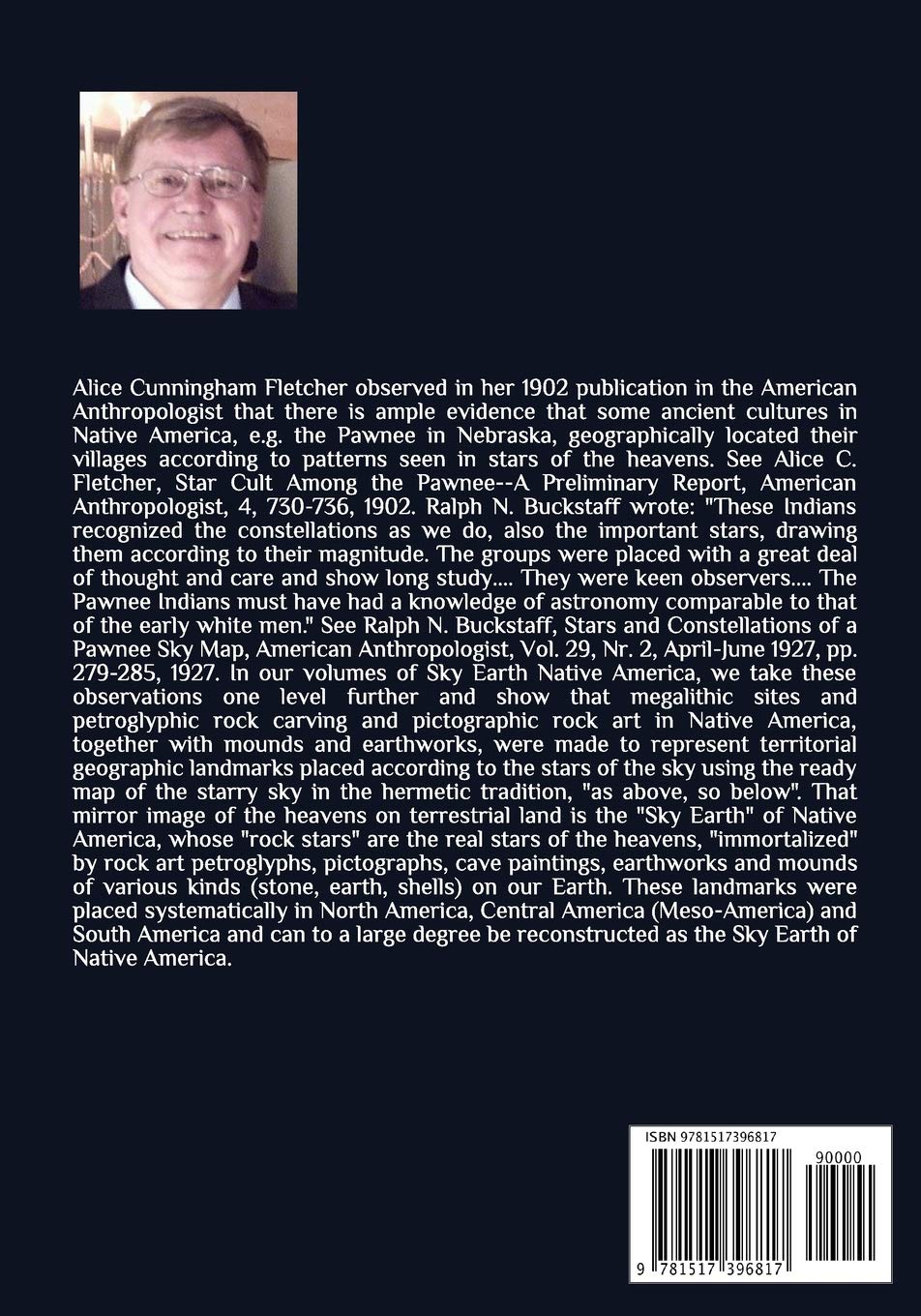" Where there is no vision, the people perish: but he that keepeth the law, happy is he.
"
-- Proverbs 29:18, King James Bible (KJV)
Western democracy
can be viewed as a luxury institution
that is dependent on a world in which resources, goods and services are available in abundance to those who support a democratic kind of government system.Democracies have difficulty in environments where scarcities of resources, goods and services prevail. Societal inequalities tend to go hand-in-hand with the emergence of scarcities, which generally leads to political changes.At fault are the elites of a democratic society who have permitted the scarcities to emerge -- and so they are viewed by those who are suffering the scarcities, quite apart from any perceived loyalties to "democracy".Defining a system as "democratic" is no guarantee of democratic or political success. Indeed, modern democracy is multi-faceted and has all kinds of freedoms, none of which are guaranteed in a complex, ever-changing world.Indeed, democracy
might be seen as encompassing three different kinds of freedom: 1) political freedom,
2) economic freedom, and
3) personal freedom.
When people speak of democracy, it is often the case that all three are intended, but they need not be.A person can live in a politically undemocratic system but still have a large degree of economic freedom, if their wealth and social position permit it.Conversely, a person can live in a politically democratic system but can have little economic freedom if goods and services are not available, or if a person does not have the means to buy the goods and services that are available.A related phenomenon is that personal freedom in the form of freedom of movement can exist even if political and economic freedom are limited.For example, the ability of persons to move about freely is one of the underestimated freedoms of modern life, dependent, for example, on having access to public lands, public property and public services. Public roads and highways are a good example. Without them, life would be "unfree".People are able to go beyond their own front door ... that is a great freedom, which is really neither political nor economic. But also that can be limited.Another significant aspect of personal freedom is the greatly underestimated freedom to choose how we spend our time, which is a main component of life. How people choose to spend their time greatly impacts the nature of the human world that we live in, far more than any other factor. Thankfully, mankind is consistent in its behavior, otherwise, economies would be in chaos.Personal freedom of association is a related freedom, i.e. the ability to pick and choose who we spend our time with, how and where. No system has discovered a perfect solution for this particular freedom, which is limited by factors too complex to discuss here. Needless to say, our freedom of association is limited by the various social rules that mark all societies.Freedom of speech is a further popular freedom, which is sometimes overinflated in modern legal theory. Many speak, but who listens?To make your voice heard -- the essence of free speech -- you have to be in a position where that expressed voice makes a difference....Just compare normal tweets with the " swift power of the Trump thunderbolt-tweets
" ( Maureen Dowd, New York Times
). The freedom to speak pales when matched against the "freedom" viz "ability" to be heard on a large stage. Or when was the last time you were invited to be on a national talk show to give your opinions? Not very likely recently ....That in part explains the Trump phenomenon. When the man on the street finds that his freedom of speech is essentially without effect, he seeks a champion who is viewed as able to give that voice the power to be heard.Now they are listening.That is the necessary extension to the freedom of speech.Those who view Trump solely as Trump the person are in error. To understand Trump, you have to see the voters whose champion he is. He is THEIR voice.In any case, democracy and freedom are more complicated than they look.
We are dependent on good graphics software for certain aspects of our online presence so that we are interested in new program developments in this field. The open source desktop graphics software program Krita
for Microsoft Windows -- an eyeopener as a free digital painting program targeted for artistic use -- came out in a new version in December of 2016 and is available under the GNU General Public License.It can be downloaded at krita.org/en/
. Once downloaded, the English-language user interface can be changed to any of the numerous other languages in the main menu under Settings / Switch Application Languages
.The Krita menus can be customized via the main menu at Settings / Configure Toolbars
. For example, we added a "back" icon to the menu, which we use when drawing.The standard graphic interface may be too dark for some users and can be changed at the main menu under Settings / Themes
. The available themes are Breeze Dark, Breeze High Contrast, Breeze Light, Krita Blender, Krita Bright, Krita Dark (the default theme) and Krita Neutral. We prefer dark print on a lighter background so we chose Krita Bright, but it is a personal decision.The "canvas" background can be changed at Settings / Configure Krita / General / Window / Window Background
. We changed from black to the hex color code #ababab
. That is the practical background color for Paint Shop Pro 7 which we have used for years. There is also a separate color setting for the canvas border at Settings / Configure Krita / Display / Canvas Border
.A program for picking any colors from the screen that one may want to use in a program like Krita is something like the color picker Instant Eyedropper
. Caveat Emptor:
Our above review of Krita is made solely for providing information about Krita and is not a recommendation, nor do we make any guarantees about the program, with which we are not affiliated in any way.
Lawyering, IP, Net Neutrality, Innovation and the Law
are featured at the current Stanford Lawyer Magazine
, Issue 95, Fall, 2016, which we receive quarterly as a Stanford Law School alumnus, and which is found online at https://law.stanford.edu/stanford-lawyer-magazine/
.The cover article by Stanford Lawyer Editor Sharon Driscoll
is about Innovation and the Law : IP and Net Neutrality Fuel Creativity and the Economy
. Inter alia, Driscoll writes: " While network neutrality is about the architecture of innovation, intellectual property rules like patent law, trademark, and copyright are about the innovations themselves.
"
Stanford Lawyer Legal Matters
follows with Lawyering at the Edge of Innovation: A Conversation with Kent Walker [Stanford JD '87], Google's General Counsel and Senior Vice President
, a question-and-answer interview of Walker
, a Stanford Law School graduate, by Lisa Larrimore Ouellette
, Assistant Professor of Law at Stanford Law School. A sample statement by Walker out of that interview: " The Supreme Court’s decision in Alice
... was useful in
analyzing the question of patentable subject matter and setting out a
framework for how to assess whether or not a patent has made a unique
and non-obvious contribution to the art.
"
Stanford Lawyer Perspectives
has an essay by Kevin Patrick Gibson [JD '17] on Empirical Study of Patent Troll Litigation Practicum
, where Gibson writes: " Our general findings so far indicate that litigation
growth in the past 15 years is due largely to the rise of PAE-initiated
lawsuits. These lawsuits tend to involve software patents and they
resolve much more quickly than other lawsuits, lending credence to the
theory that PAEs often assert with the goal of extracting quick money
from defendants
.
Stanford Lawyer Online Features
focuses on Stanford Law School's Copyright Licensing Practicum
: "[Paul Goldstein, the Stella W. and Ira S. Lillick Professor of Law at Stanford Law School ("SLS"] " has overseen a partnership between SLS and the United States Copyright Office to protect copyright owners while allowing the flow of information to remain relatively unfettered
". [The result has been creation of] " a prototype for licensing photographs
".
This is obviously an interesting issue for intellectual property questions but there are also addtional Stanford Lawyer articles on privacy, veterans treatment, criminal investigations, virtual law practice, class action litigation, public research and leadership in education, and peer review in government. Take a look
.




